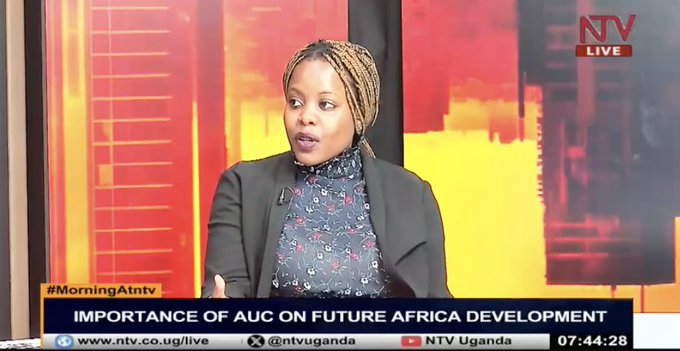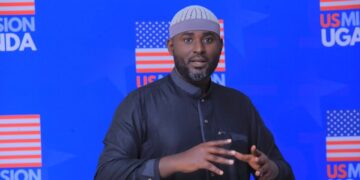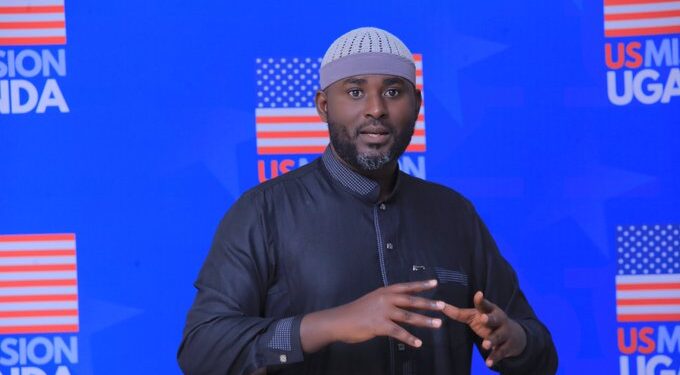In a dramatic turn of events at the African Union (AU) summit, Djibouti’s Foreign Minister Mahmoud Ali Youssouf was elected as the new Chairperson of the African Union Commission (AUC) after Raila Odinga’s withdrawal in the sixth round of voting. Youssouf secured 33 votes, marking the end of a highly contested election and the beginning of a new leadership era for the AUC.
The election, which had initially seen strong competition from Odinga and other candidates from the East African Community (EAC) bloc, raised questions about the AU’s ability to select a leader who could effectively address the continent’s most pressing challenges.
Analysts suggest that the failure to address the ongoing crisis in the Democratic Republic of the Congo (DRC) played a significant role in undermining East African candidates’ chances.
Adj.Prof Ahmed Hadji, a foreign policy analyst, highlighted the critical nature of this election, stating, “Whether Raila or another candidate from the EAC bloc, none would have won the AUC Chairperson election, particularly after the failure to address the DRC crisis. We were viewed as lacking commitment to resolving the conflict in the DRC.”
Hadji went on to stress that the new leadership faces monumental challenges over the next three years. Key priorities include operationalising African trade areas, removing barriers to regional value chain investments, and addressing urgent issues such as climate change, which will require strong, decisive leadership from Youssouf.
“Making African trade areas fully operational, removing barriers to regional value chain investments, and tackling climate change are challenges the new leadership will need to focus on,” said Hadji, underscoring the importance of taking concrete steps to ensure the AU’s agenda translates into measurable progress.

While Raila Odinga remains a key figure in Kenyan politics, his withdrawal from the AUC race signals the changing political landscape. Analysts predict that age limits may prevent him from running for president again, though his influence on Kenya’s political direction remains significant.
“Raila’s influence on shaping Kenya’s political direction endures, but with age limits in play, a presidential bid seems unlikely,” noted Hadji.
However, not everyone is optimistic about the AU’s trajectory. Natasha Hadijjah Ssebunya, another foreign policy analyst, expressed concern about the AU’s ability to effect meaningful change.
“I feel the AU has increasingly become a platform for discussions without concrete action. I’m uncertain whether they can effectively implement any peacekeeping initiatives,” she said, questioning the AU’s capacity to handle conflict resolution and peacekeeping efforts.
As Youssouf assumes leadership of the AUC, the focus will shift to his ability to navigate these complex issues and the AU’s role in addressing both internal challenges and external pressures. His leadership will be scrutinized as the continent faces critical opportunities for growth and integration.









